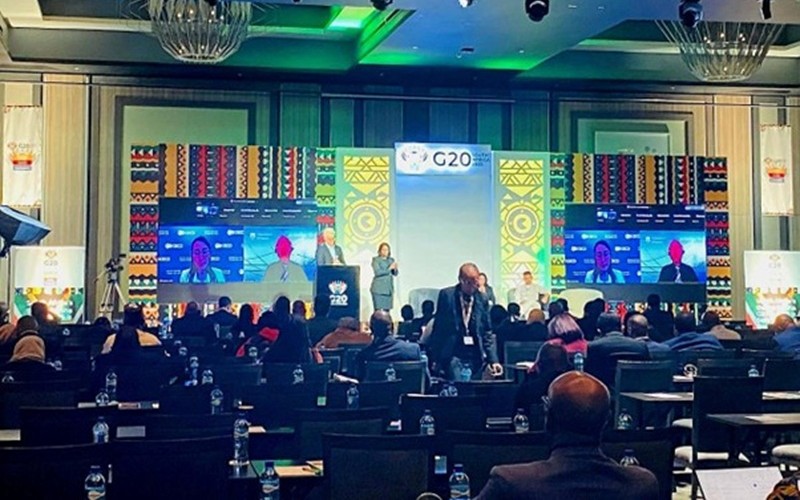
The G20 Second Education Working Group Seminar on Mutual Recognition of Qualifications recently convened in South Africa, bringing together representatives from G20 member states, invited countries, and leading international organisations. This high-level, knowledge-sharing forum focused on three interrelated themes: international labour migration and employability, mutual recognition of qualifications, and innovative uses of micro-credentials for lifelong learning.
South Africa’s Department of Higher Education and Training hosted the seminar as a platform for policymakers, researchers and education stakeholders to exchange insights and recommend policies that support cross-border skills recognition in an increasingly mobile and digital world.
One of the key panel sessions, Navigating the Future: The Promises and Pitfalls of Micro-credentials, explored how short-form credentials transform access to education and employment. Moderated by Dr James Keevy of JET Education Services, the panel included voices from Mauritius, Italy, the OECD, and the Commonwealth of Learning (COL). During this session, Dr Jako Olivier, Adviser: Higher Education, contributed insights on the significant role of micro-credentials.
Dr Olivier joined virtually to highlight COL’s work in relation to micro-credentials, providing insights into the growing evidence that micro-credentials can enhance youth employability when quality-assured and aligned with industry needs. He noted the rising trend in employer recognition of micro-credentials, citing initiatives in Australia and New Zealand that link these credentials directly to national qualification frameworks and labour market demand.
He also commented, “Stackable micro-credentials, that build towards full qualifications, could allow youth to gain employment while continuing their education flexibly, and such an approach is incredibly impactful within the context of digital technologies, logistics, and advanced manufacturing fields.”
Another important topic discussed during the panel was the lack of unified international micro-credential standards. Dr Olivier pointed to efforts by UNESCO and the European Union to define quality criteria and promote interoperability through mechanisms like the European Qualifications Framework. He added, “The Commonwealth of Learning is developing a Commonwealth Credit Transfer Framework for Micro-credentials to enable recognition across its member states, supporting workforce mobility and lifelong learning.”
Referencing emerging best practices from Australia, Malaysia, Mauritius and New Zealand, Dr Olivier advocated for “alignment with national qualification authorities, robust quality assurance, and digital portability”. These features, he argued, “are essential for enhancing mobility, transparency, and trust in micro-credential systems”.
In a unified message to G20 policymakers, panellists urged governments to embed micro-credentials into national education and skills strategies through employer partnerships, quality assurance, and policy harmonisation. Participants cautioned against fragmented development and emphasised the importance of data-driven decision-making and cross-sector collaboration.
The seminar concluded with a call for global cooperation to ensure that education systems adapt to evolving skill needs, support youth employment, and foster inclusive, future-ready learning ecosystems.
Image caption: G20 Second Education Working Group Seminar: Mutual Recognition of Qualifications held at Sun City, South Africa, including Ms Trudi van Wyk (COL Focal Point for South Africa). Photo credit: Trudi van Wyk.


